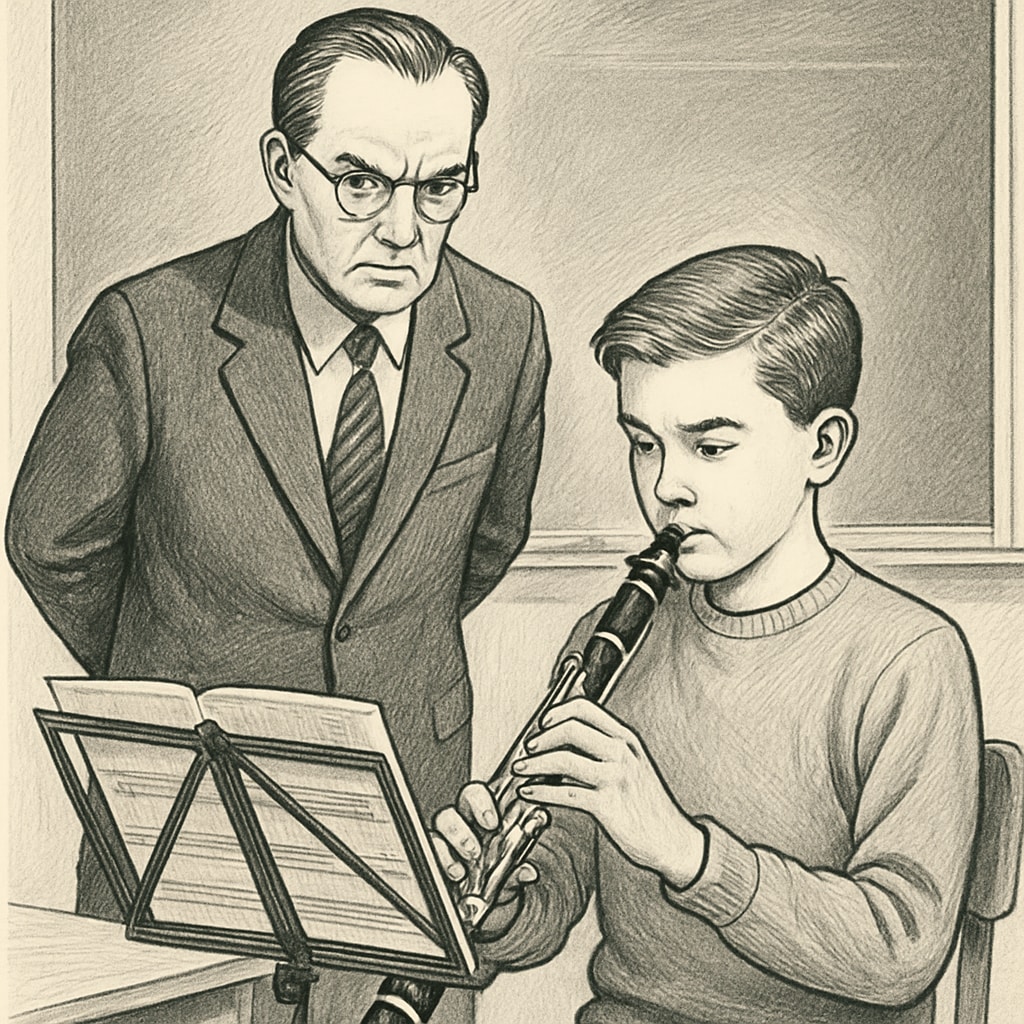The film Whiplash vividly illustrates the complexities of extreme education methods, where intense pressure and rigorous discipline intersect with the desire to foster exceptional achievement. This dynamic raises critical questions about the balance between demanding excellence and providing emotional care. By analyzing the double-edged nature of such methods, this article seeks to explore their impact on students and identify a pathway that encourages success without compromising mental well-being.
The Philosophy Behind Extreme Education
Extreme education methods often operate on the premise that pressure breeds excellence. In Whiplash, the protagonist Andrew faces relentless criticism and physical challenges under his mentor Fletcher, who believes that greatness is forged in adversity. Fletcher’s philosophy reflects a broader cultural belief that only by pushing individuals to their limits can their true potential be realized. However, this approach is not without its consequences.
- Stress and burnout: While some students thrive under pressure, others may experience chronic stress, leading to burnout or mental health issues.
- Skill development: Extreme methods can sharpen technical skills but may overlook emotional intelligence and creativity.
- Resilience vs. fragility: Students subjected to constant criticism may develop resilience or, conversely, struggle with self-esteem.

The Harmful Side of Unchecked Rigorous Methods
While the goal of pushing students to excel is admirable, extreme education methods often risk crossing the line into psychological harm. In Whiplash, Andrew’s journey reflects the dangers of an education style that prioritizes achievement over emotional well-being. Key risks include:
- Emotional damage: Constant criticism can lead to anxiety or depression, particularly in students who lack coping mechanisms.
- Loss of intrinsic motivation: When external pressure becomes the primary driver, students may lose their love for the craft.
- Isolation: Intense focus on achievement can isolate students from peers and support networks.
Educational psychologists argue that such methods are effective only when paired with empathy and personalized care. For example, research highlights the importance of balancing high expectations with consistent support to create an environment where students can thrive without fear.

Striking a Balance: Lessons from Extreme Education
The challenge lies in finding an equilibrium between pushing students to reach their full potential and safeguarding their mental health. Educators can take inspiration from Whiplash while adopting the following strategies:
- Encouragement alongside critique: Constructive feedback helps students improve while preserving their confidence.
- Individualized approaches: Recognizing that each student has unique needs can prevent one-size-fits-all pressure methods.
- Prioritizing emotional intelligence: Teaching resilience, empathy, and stress management can complement technical training.
- Celebrating progress: Acknowledging milestones, not just final achievements, keeps students motivated.
As educators and parents, it’s crucial to balance rigor with care, ensuring that the pursuit of excellence does not come at the expense of emotional well-being. Films like Whiplash remind us that while greatness often requires discipline and hard work, true success is achieved when the journey is as enriching as the destination.
Readability guidance: Short paragraphs and lists are used to enhance clarity. Active voice dominates the text, transitions are woven throughout, and long sentences are minimized to maintain readability.


